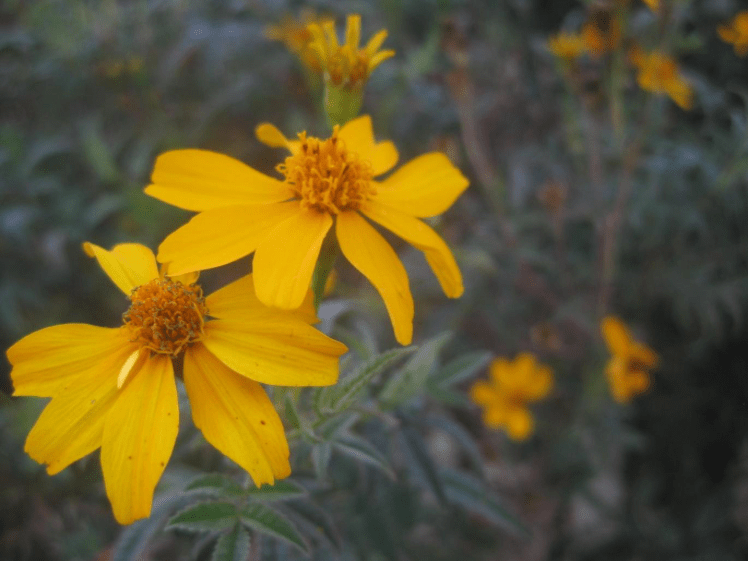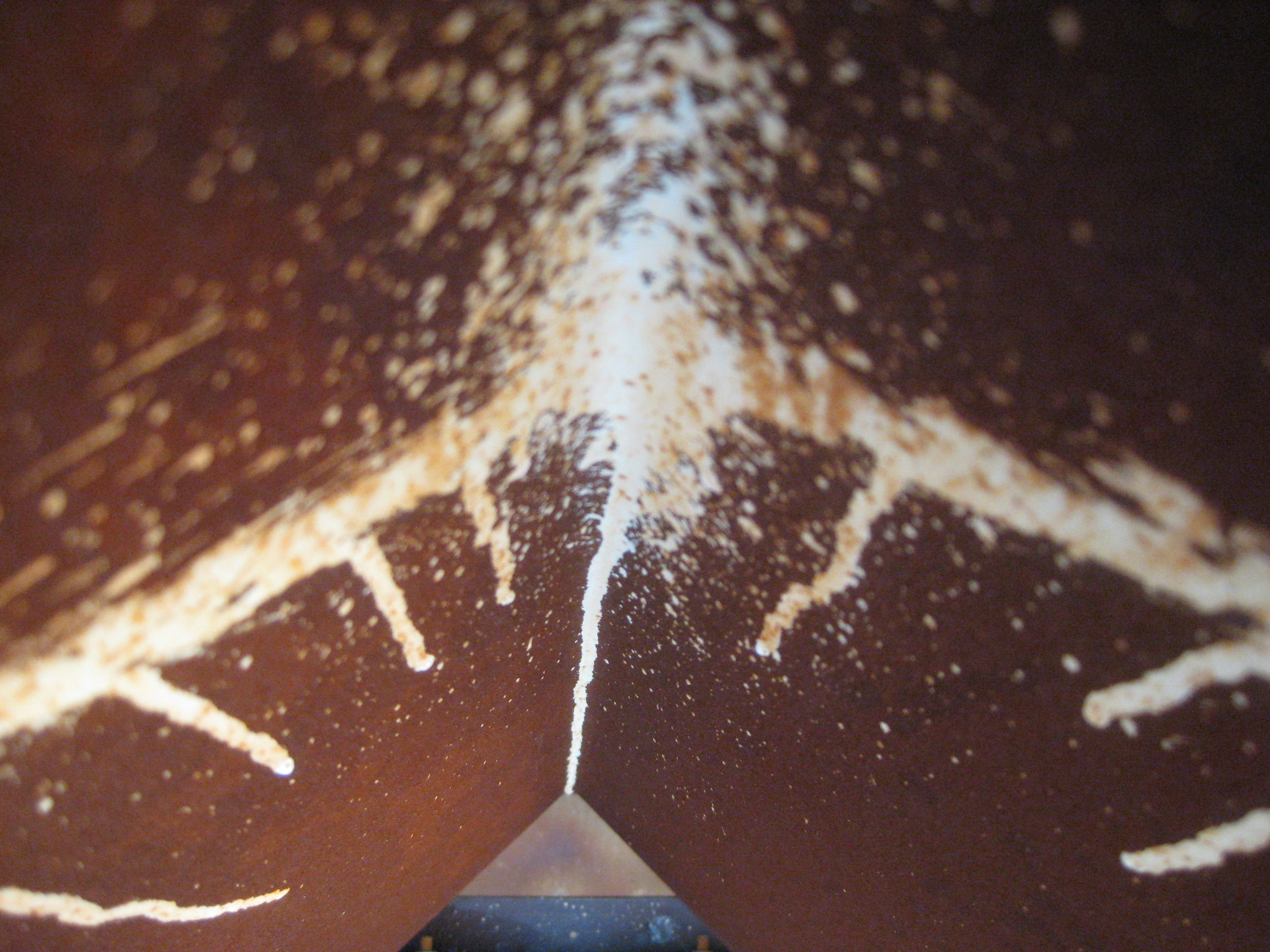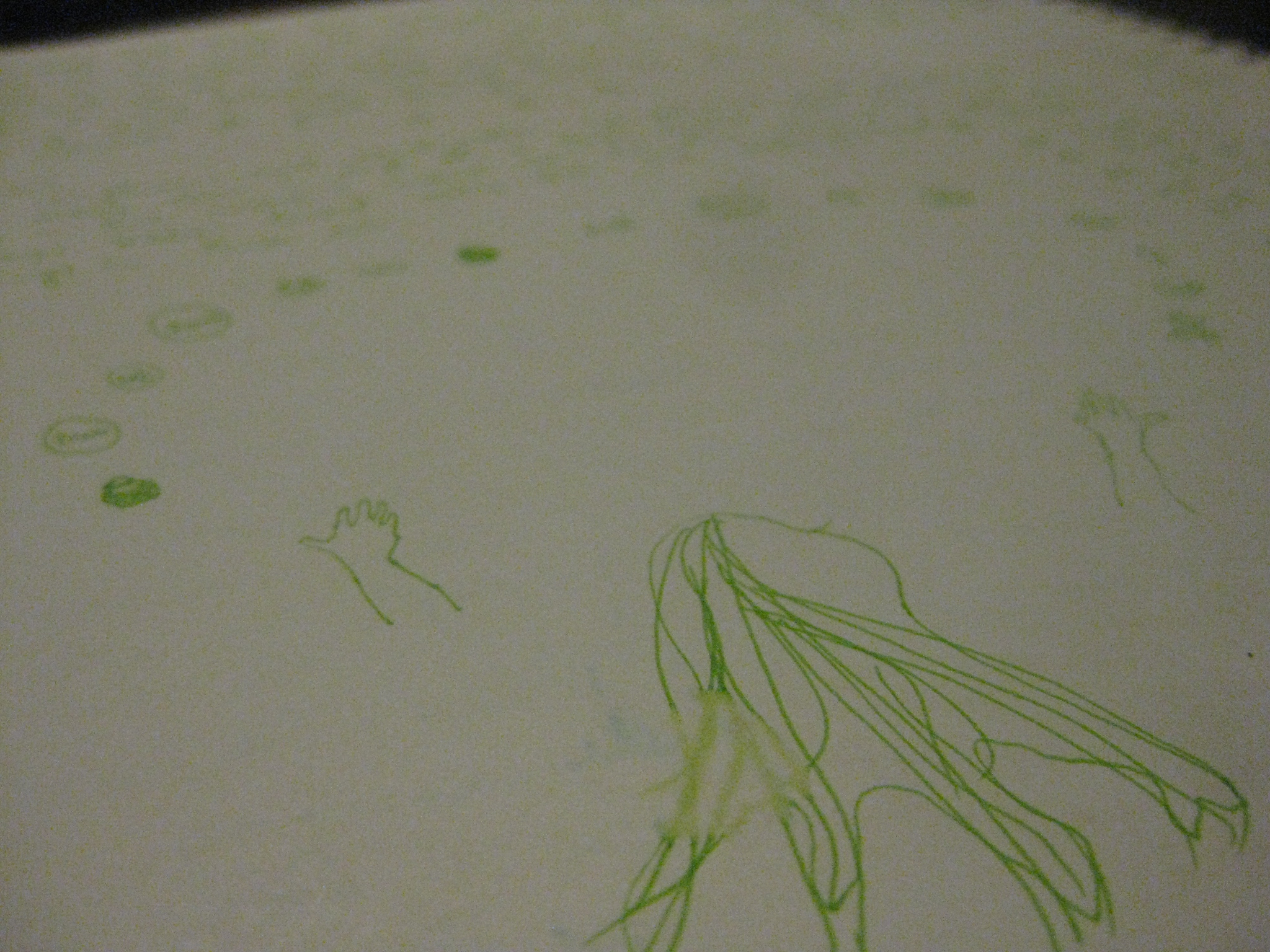The 2023 AAPS conference theme emphasises the need to resist and reframe fatalist and narrow representations of Oceania.
From the highlands to the islands, the conference aims to advance multiscopic understandings of Oceanic people’s relationships and relationality of places through storytelling rooted in a trans-disciplinary, critical and creative Pacific Studies.
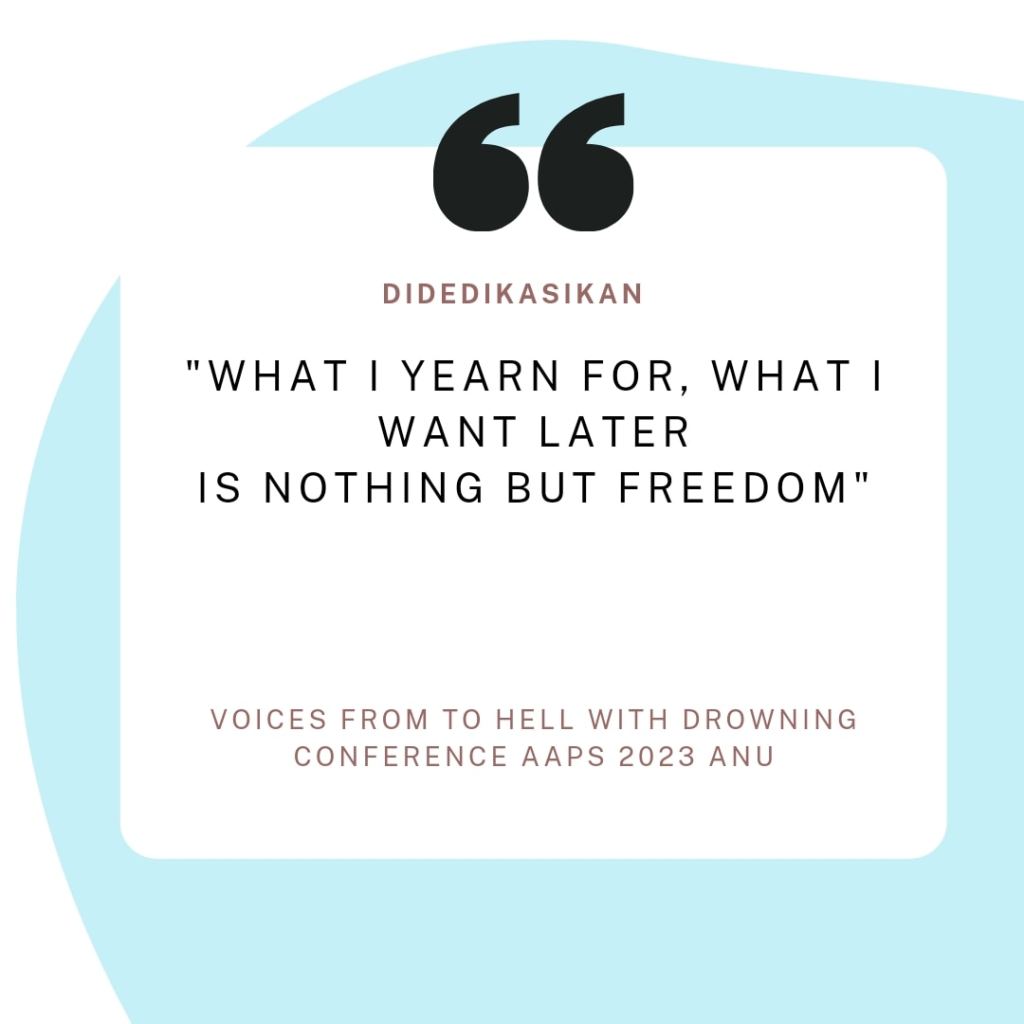

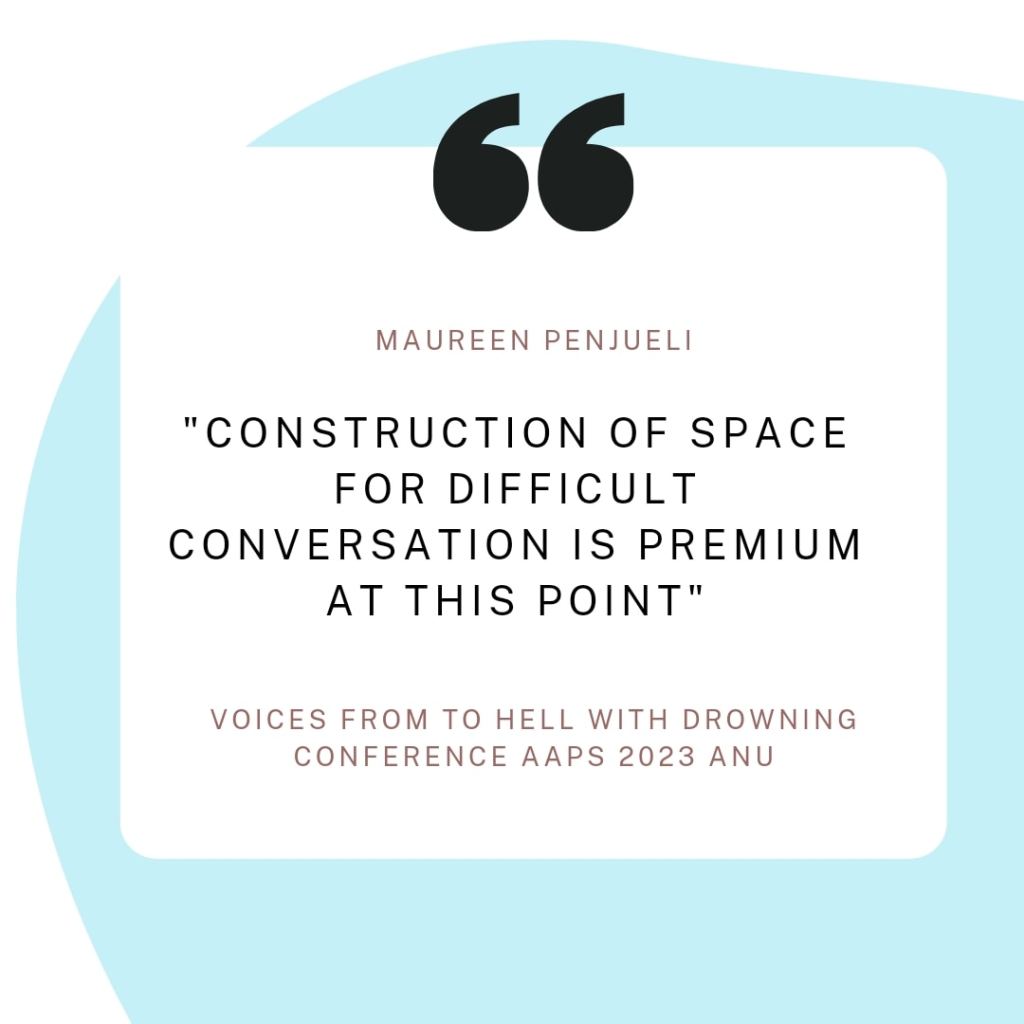

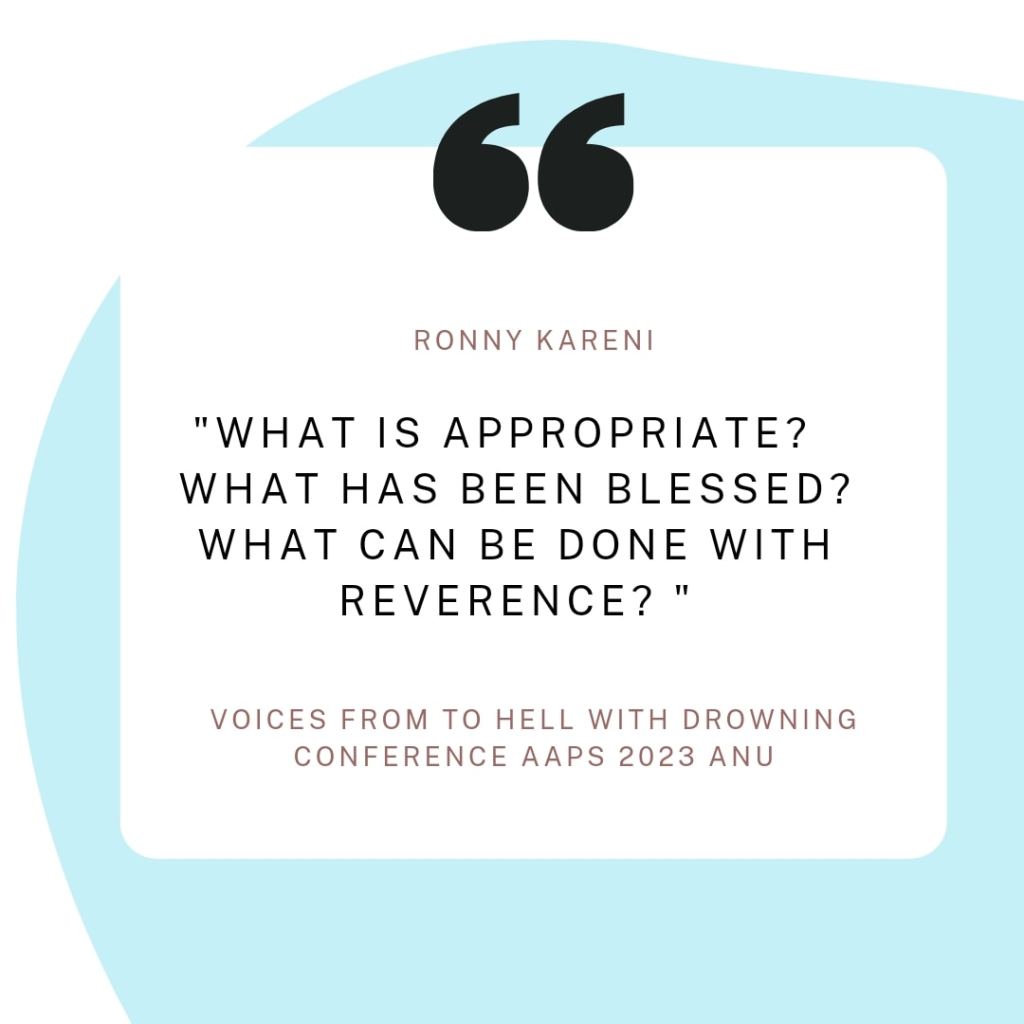

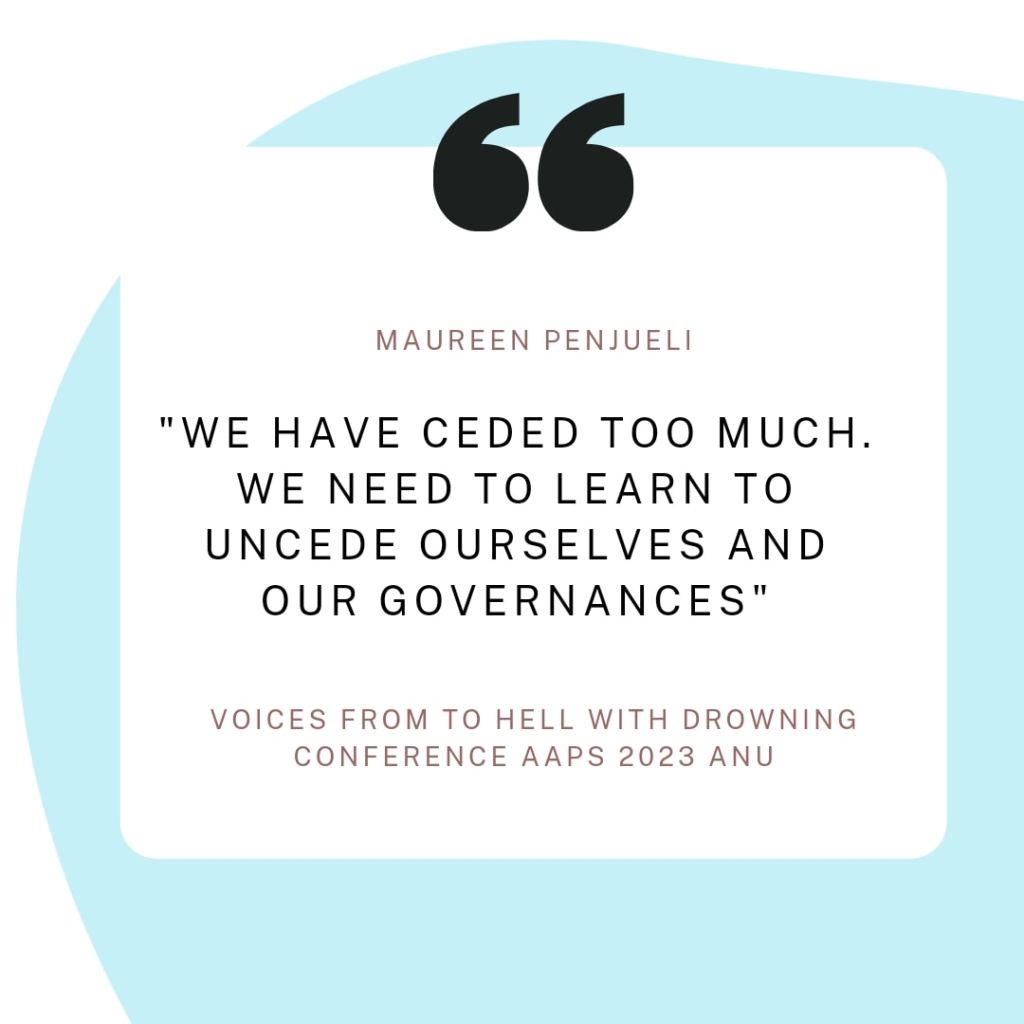
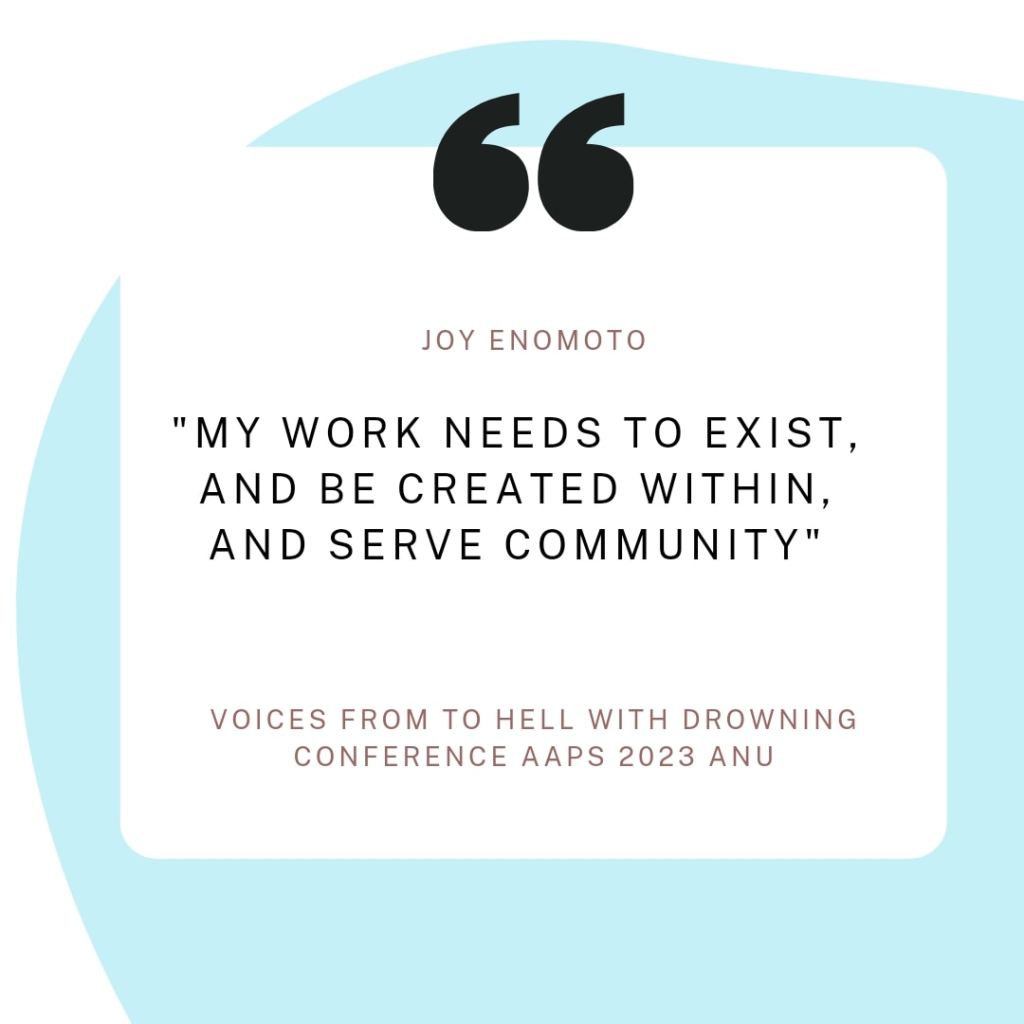


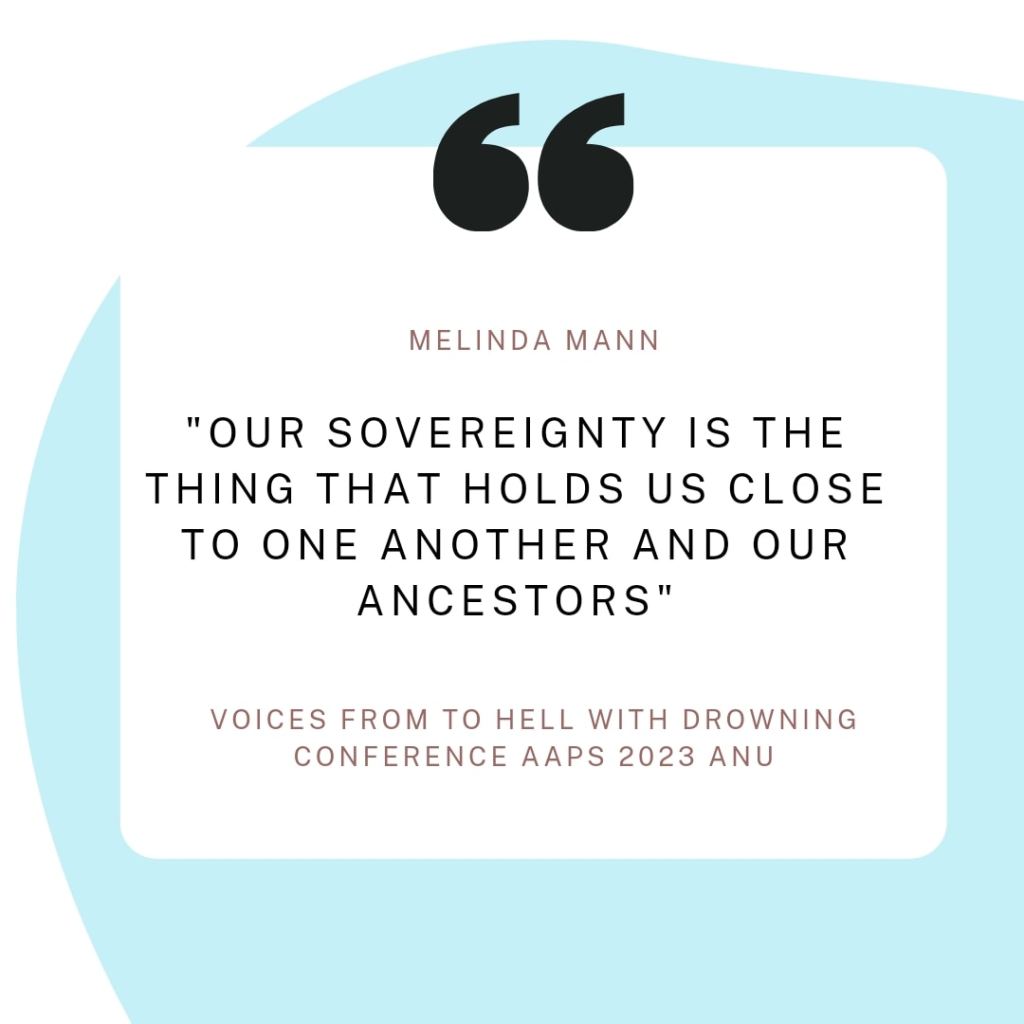
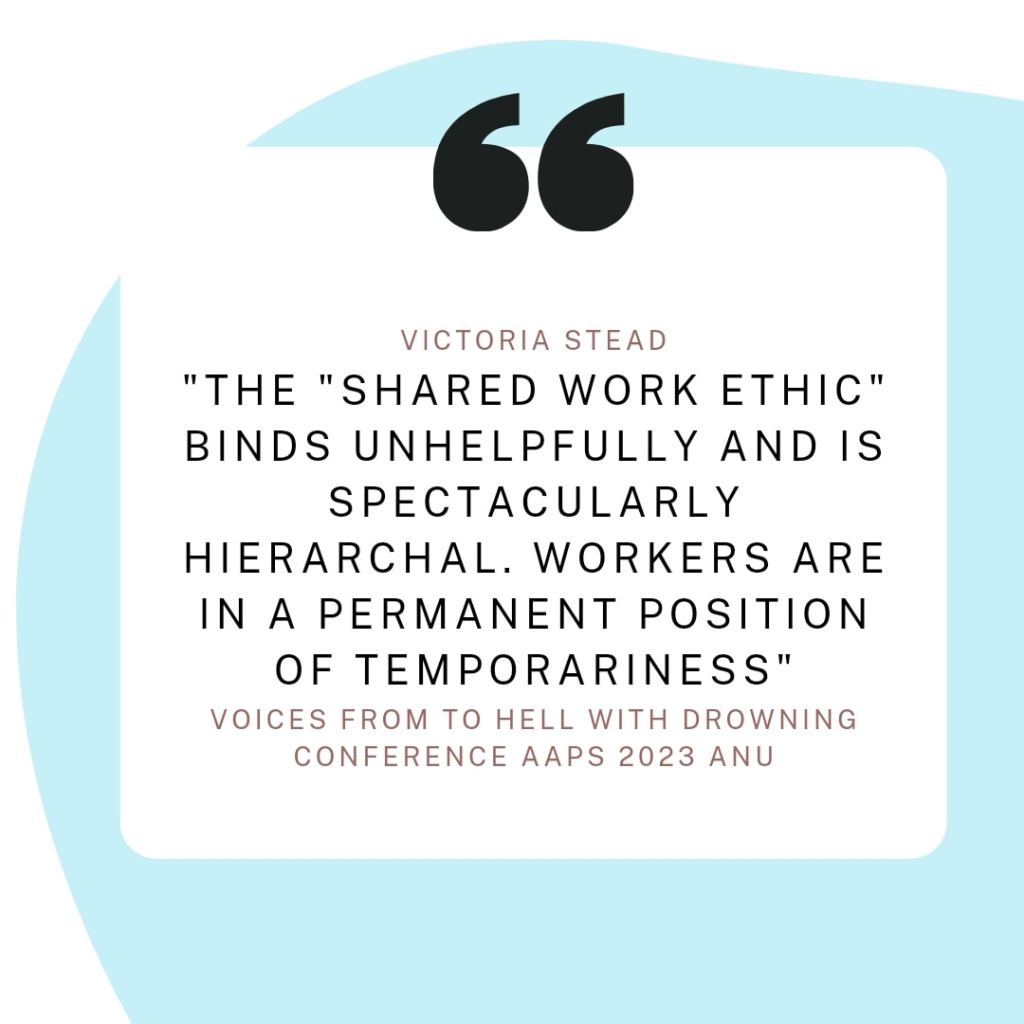
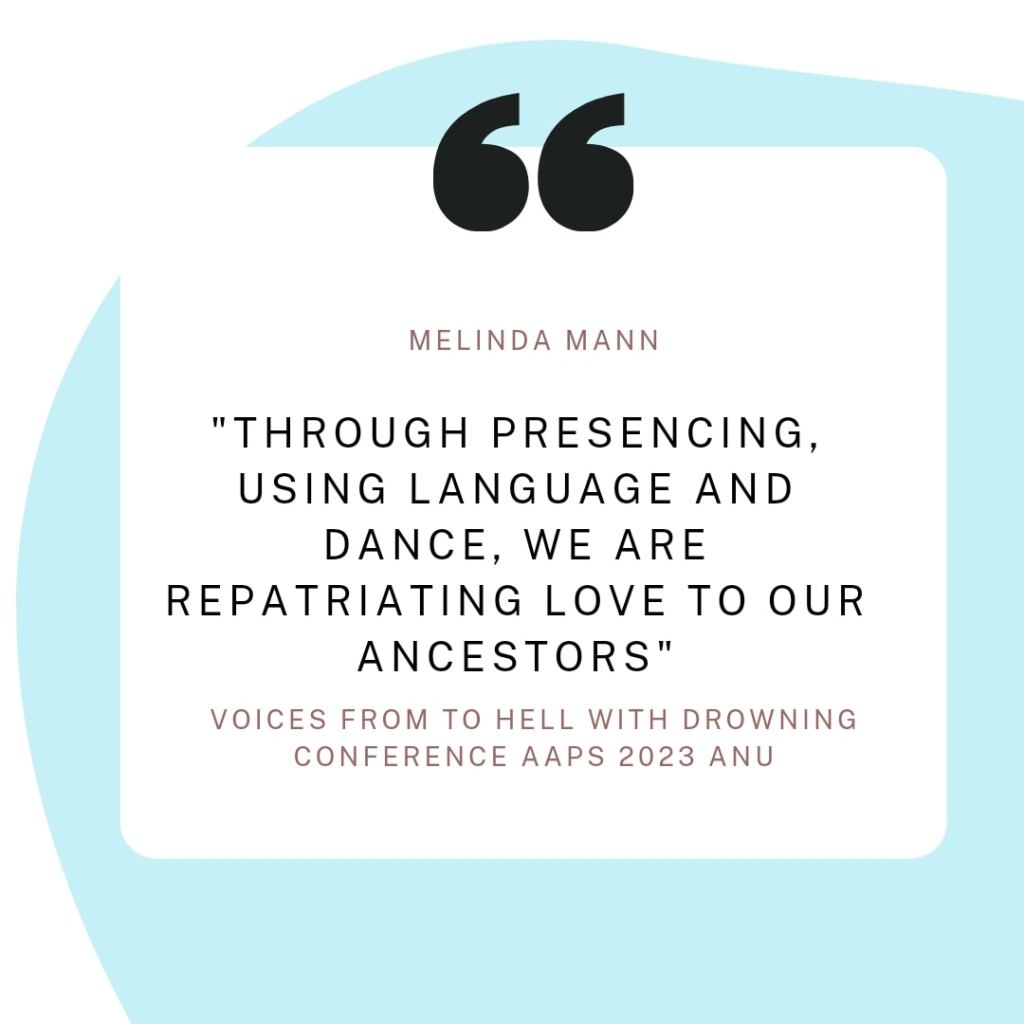

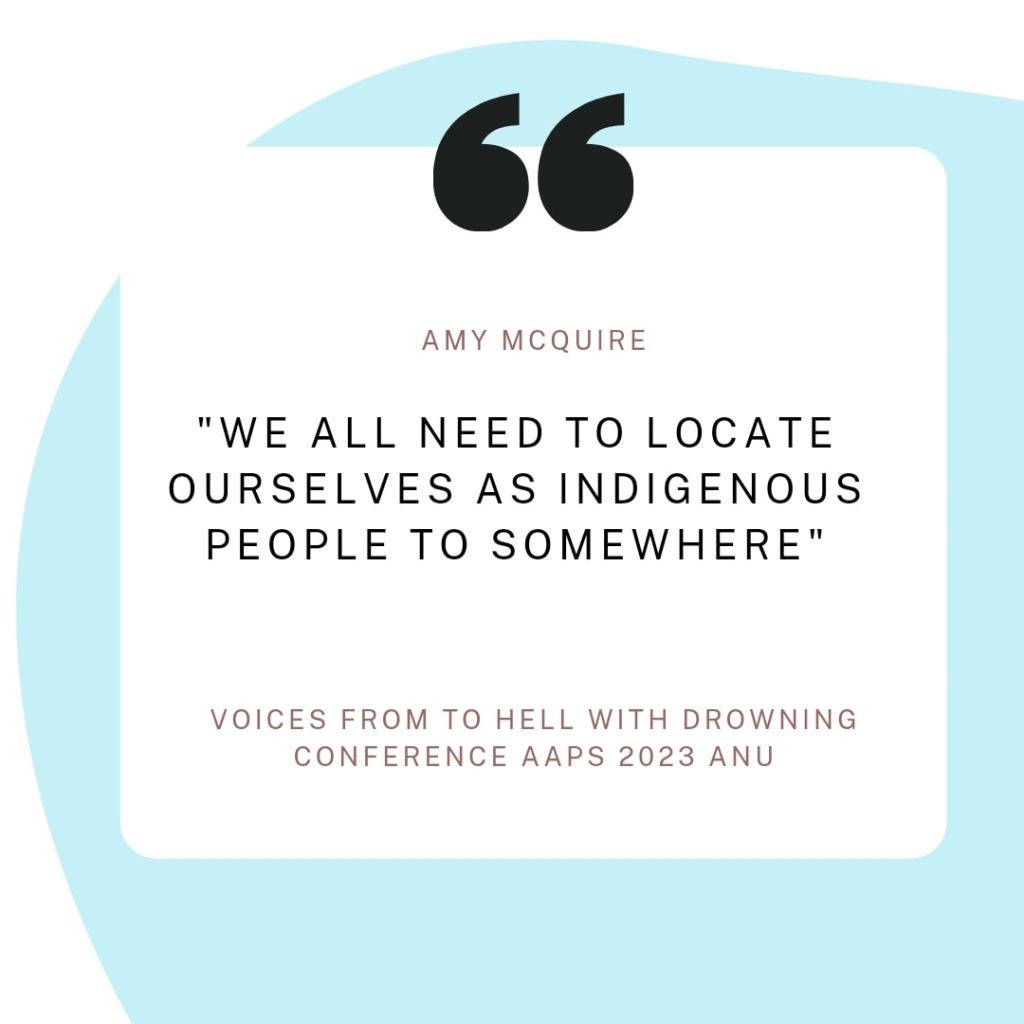
Justice for Creation: Indigenous perspectives and the role of the church
Consider what, or who, you’re apprenticed to in the context of climate justice.
From this grounding, and locating to place – what is the invitation to action?
| Mark 1:9-10 In those days Jesus came from Nazareth of Galilee and was baptized by John in the Jordan. And just as he was coming up out of the water, he saw the heavens torn apart and the Spirit descending like a dove upon him. | In those days William Barak was born into the Wurundjeri clan of the Woiwurrung people and was initiated into men’s business near the Walla Creek by his Uncle Billibellary. As he was coming up out of the water, he looked to the sky and saw Creator Bundjil soaring overhead. |
An invitation here to visit the water’s edge and a lens to decolonise our theology…
Rivers are rich landscapes – you know that what is passing now has passed by others before you and will pass by others after you.
There is something special in the biodiversity of this – at once you are not alone and, also you can ask: What does the river bring here with it? What will it carry away?
Consider what, or who, you’re apprenticed to in the context of climate justice. Where are you immersed? From this grounding, locating to place – what is the invitation to action?
Our land story is not valued in the main-stream cultural practices here on these lands known as Australia.
It is radically counter-cultural to resist, and insist that we need to acknowledge our elders past and present – of these lands and waters here, and those we come from. Might be different. Might be the same. We are because they were.
When we do this, we acknowledge our elders’ deep wisdom of listening and presence.
When we do this, we acknowledge our elders’ relationships with Creator and Creation, and recognise they are custodians of land, language, law and more – now, and since time immemorial. Our meeting is the confluence of these.
This wisdom is the inheritance of our communities, flowing down to us, carried within us. What will we pass forward? Come. Meet us at the river. Tell us your land story.
_____
Raisera McCulloch is a Pasifika woman living on Bunjalung country. She’s an educator developing training on decolonizing practices for systems change and a consultant to INGOs in racial justice. Her homeland of Tuvalu is facing a climate crisis and she advocates for action so her own children can preserve their culture. Currently a student of NAIITS completing a Masters in Theological Studies focusing on Indigenous Theology. Founder of Indigenous Giving Circle, a philanthropic initiative created to decolonise wealth, working towards a reparations model of giving.
Talitha Fraser, The Recollective, is a Ngai Tahu/Pakeha settler on the lands of the peoples of the Kulin Nation. She is the curator of The Recollective and Administrator for the Australian Collaborators in Feminist Theologies. She is passionate about building communities of care and resilience that honour that identity we come from, and celebrate those we move to claim and participate in. Her creative practice is one of contemplative listening: How does place or event shape creative practice, and how does practice change place, or event, or people?

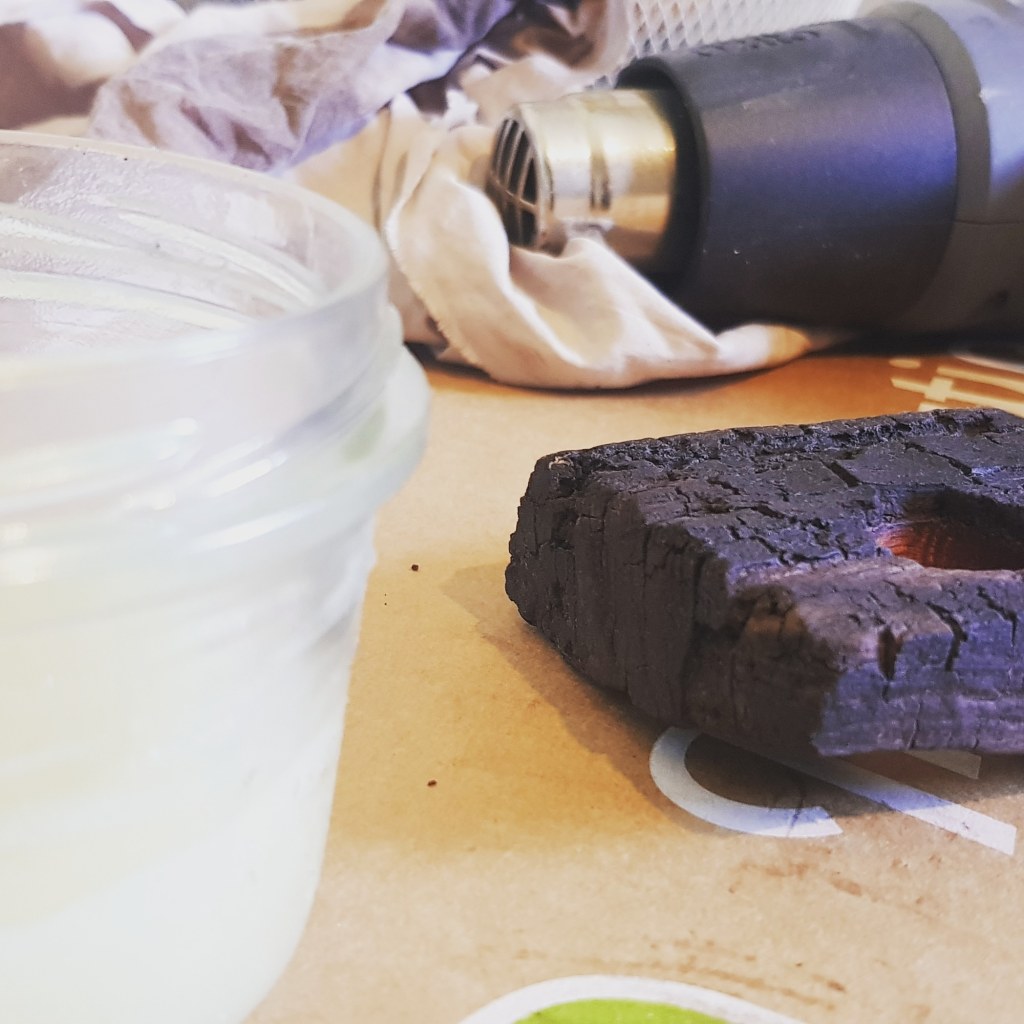

 We live in times where the focus is on those things that divide rather than connect us but as Chappo (Peter Chapman) says “You should share communion together, it has a unique power to unite beyond words.”
We live in times where the focus is on those things that divide rather than connect us but as Chappo (Peter Chapman) says “You should share communion together, it has a unique power to unite beyond words.”